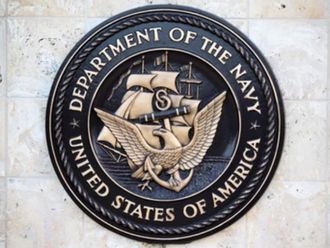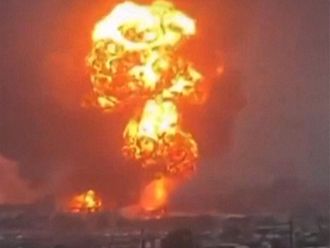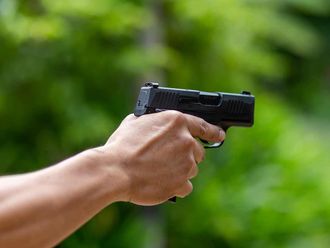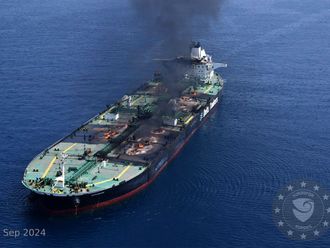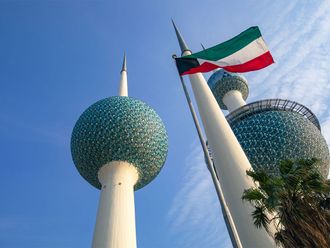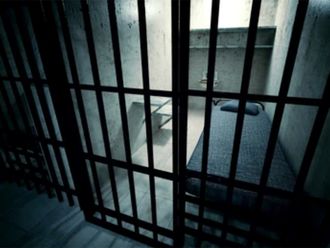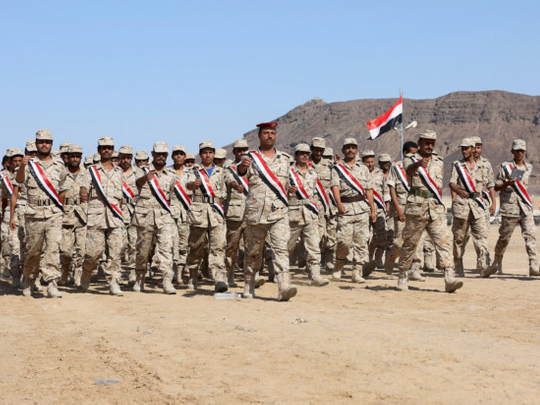
Al Mukalla, Yemen: Yemen’s army chief of staff has asserted that the war against Iran-backed Al Houthi militants and their allies will not stop until the Yemeni flag is raised on the mountains of Marran in the Al Houthi-controlled northern province of Saada.
“This will happen soon, just as Yemeni President Abd Rabbo Mansour Hadi promised,” Major General Mohammad Al Magdashi said in an interview with state TV broadcast on Thursday.
Al Magdashi was among many senior army officials who left the country when the Al Houthis stormed Sana’a in September 2014 and confined Hadi to house arrest.
Hadi managed to escape and flee to the southern port city of Aden, from where he continued to exert the authority of the country’s legitimate government, until Al Houthi militants edged closer to the city, prompting him to travel to Riyadh and live in exile.
In March this year, an Arab coalition was formed, led by Saudi Arabia, to help Yemeni loyalist forces liberate the country from Al Houthi rule and restore Hadi back as the legitimate president.
Al Magdashi played a critical role in helping mobilise a pro-government army to fight the Al Houthis and forces loyal to ex-president Ali Abdullah Saleh, who struck an awkward alliance.
Al Magdashi said preparations are in full swing to launch an offensive to retake the capital from the Al Houthis, noting that the plan aims to avoid major destruction of the city.
“We are determined to liberate Sana’a and we urge Saleh’s people and Al Houthis to pull out of the city just like the other forces left Sana’a in September 21. We have the option to use military force but we prefer the non-military option to avoid damage,” he said.
The general refused to blame the army restructuring undertaken after Saleh was kicked out of power in 2011 for the crumbling of the Yemeni armed forces. Instead, he blamed “weak and corrupt” army officials who took charge in the aftermath of his departure for the weakening of the military.
It may be recalled that Hadi embarked on a major restructuring of the armed forces once he came to power in an attempt to loosen Saleh’s grip on the military establishment.
“The reconstruction was good,” Al Magdashi said referring to the army restructuring.
Observers however say that the restructuring was not effective enough as many army units defected from Hadi and backed the Al Houthis.
But some Republic Guard regiments rejected orders from Saleh and refused to ally themselves with the Al Houthi militants. Al Magdashi said the well-trained and armed 4th Brigade refused to take part in fighting in Marib and Aden, which played a major role in the Al Houthis’ defeat there.
Over his three-decade rule, Saleh accumulated a huge arsenal of arms and ammunition worth up to $500 billion (Dh1.83 trillion), according to Al Magdashi.
Speaking about the ongoing battle in Marib, where the coalition forces have 90 per cent control, he blamed the geographical topography and the prevalance of landmines left by Al Houthi militants for the delay in its complete liberation.


